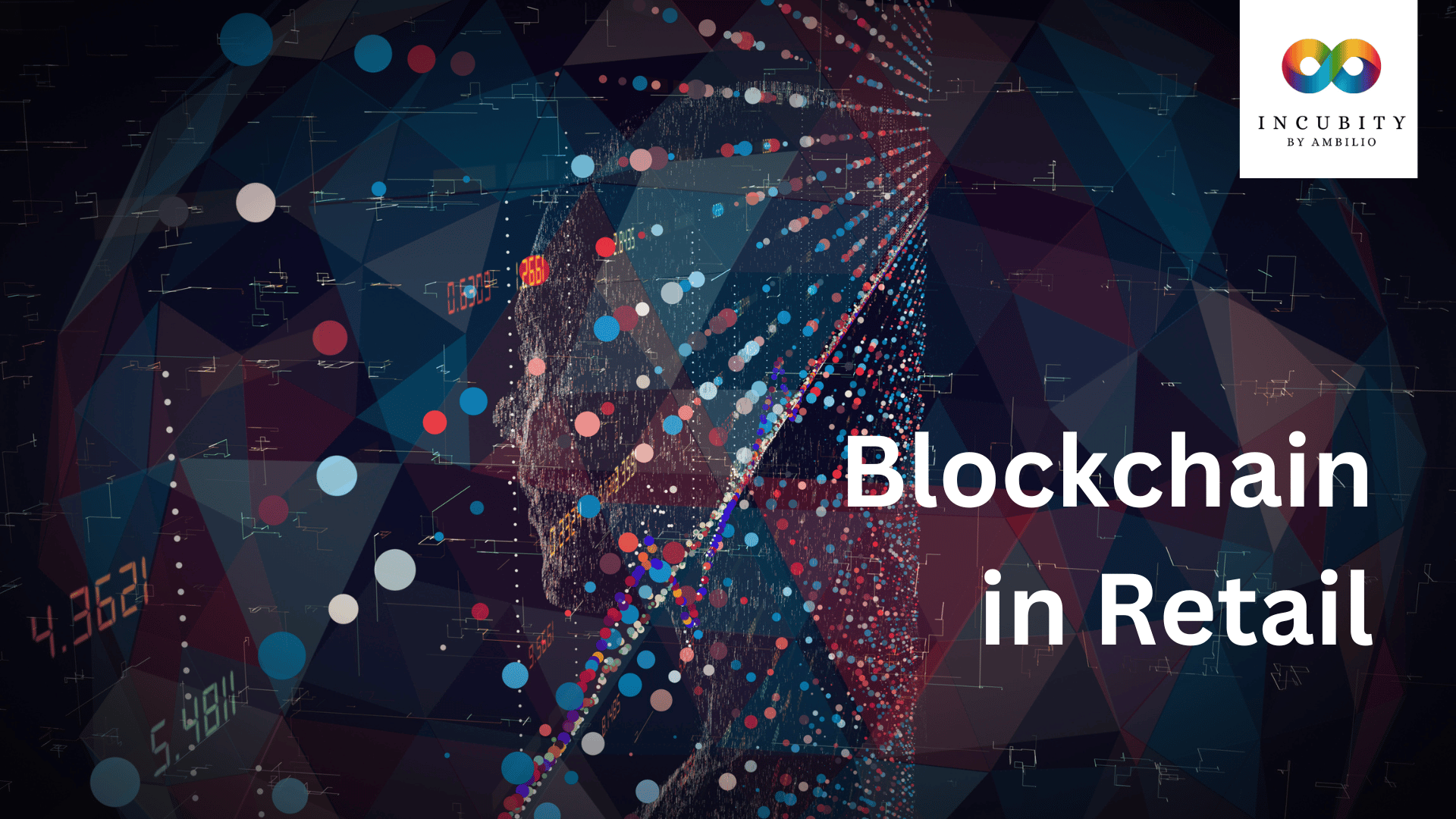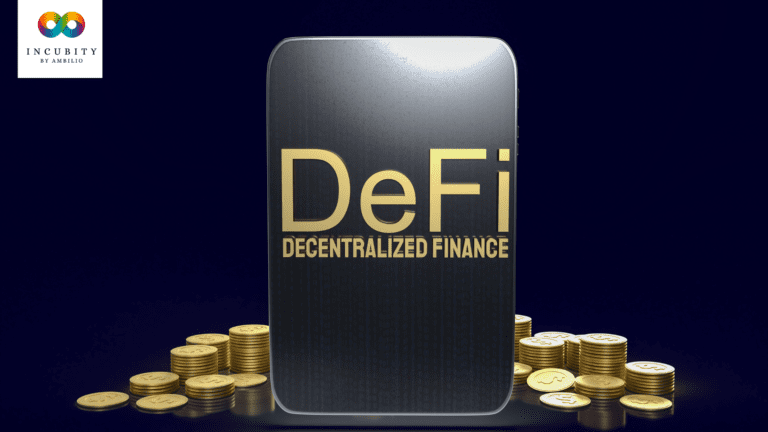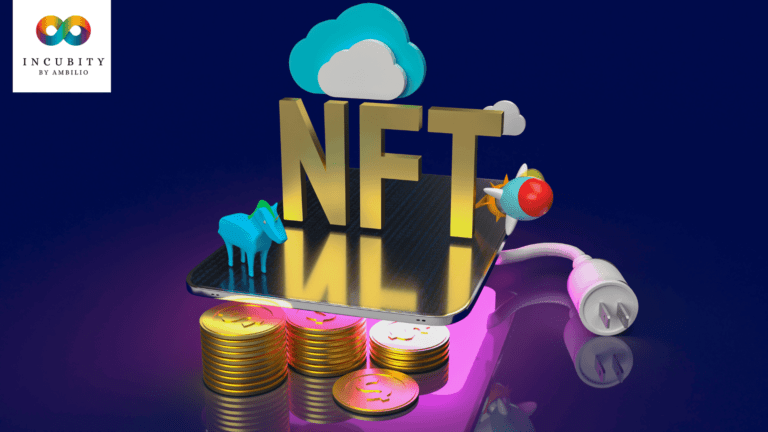Blockchain technology has been gaining popularity due to its potential to revolutionize various industries, including retail. By enabling secure and transparent transactions, blockchain can help to enhance the efficiency and accountability of retail operations. Specifically, blockchain’s ability to track products throughout the supply chain can provide retailers and consumers with increased transparency and confidence in the origin and authenticity of products. This technology has the potential to revolutionize the retail industry, creating a more secure and trustworthy ecosystem for retailers and consumers alike.
What is Blockchain?
Blockchain technology is a decentralized digital ledger that records transactions on a distributed network of computers. Each block in the chain contains a set of transactions, and once added to the chain, it cannot be altered. This makes it a secure and reliable method for storing and transferring data.
The blockchain uses cryptography to secure and verify transactions. Each block is linked to the previous one in the chain, forming a permanent and tamper-evident record of all transactions. This makes it extremely difficult for any individual or organization to alter or manipulate the data without being detected.
The technology has numerous applications, including cryptocurrency transactions, supply chain management, voting systems, and more. Because it is decentralized, there is no need for a central authority to manage transactions, which can result in lower costs and increased efficiency.
Blockchain in Retail
Blockchain technology can have a significant impact on the retail industry by improving supply chain management, enhancing transparency, and increasing trust between retailers and consumers. Here are some examples of how blockchain can be applied in the retail industry:
- Supply Chain Management: Blockchain can be used to track products from the manufacturer to the retailer, providing real-time visibility into the supply chain. This can help retailers to identify and resolve any issues quickly, reduce waste, and improve inventory management.
- Counterfeit Prevention: Blockchain can help prevent the sale of counterfeit products by creating an unalterable record of a product’s origin and authenticity. This can help retailers and consumers to verify the authenticity of products, reducing the risk of fraud and increasing consumer confidence.
- Loyalty Programs: Blockchain can be used to create secure, decentralized loyalty programs that are more transparent and offer more value to customers. This can help retailers to build stronger relationships with their customers, improve customer loyalty, and increase sales.
- Payment Processing: Blockchain can be used to facilitate faster, more secure payments between retailers and consumers. This can reduce the risk of fraud and chargebacks, and lower transaction fees for retailers.
Overall, blockchain technology can help retailers to improve efficiency, increase transparency, and build trust with their customers. By leveraging blockchain, retailers can stay competitive and provide a better shopping experience for their customers.
Use Cases
Combatting Counterfeit Products
The retail industry faces a significant challenge of counterfeit products. Counterfeit products not only harm the brand’s reputation but also cost the company significant revenue. With blockchain technology, retail companies can authenticate the product’s origin and track the entire supply chain, thereby reducing the chances of counterfeiting. This use case helps retail companies safeguard their brand reputation and revenue by reducing the number of counterfeit products in the market.
Reducing Fraud in Loyalty Programs
Retailers spend millions of dollars each year on loyalty programs to retain customers. However, fraud in loyalty programs costs retailers a significant amount of money. Blockchain technology can provide a secure and transparent platform to manage rewards, reducing the chances of fraud. The blockchain ledger keeps a record of every reward, preventing customers from claiming rewards multiple times. This use case helps retailers safeguard their investment in loyalty programs and ensure that they provide genuine rewards to their customers.
Streamlining Supply Chain Management
Supply chain management is a critical challenge for the retail industry. With multiple stakeholders involved in the supply chain, the process can be complicated and time-consuming. Blockchain technology can streamline supply chain management by creating a single, shared ledger that all stakeholders can access. This use case helps retail companies reduce the time and cost involved in managing the supply chain, leading to greater efficiency and cost savings.







